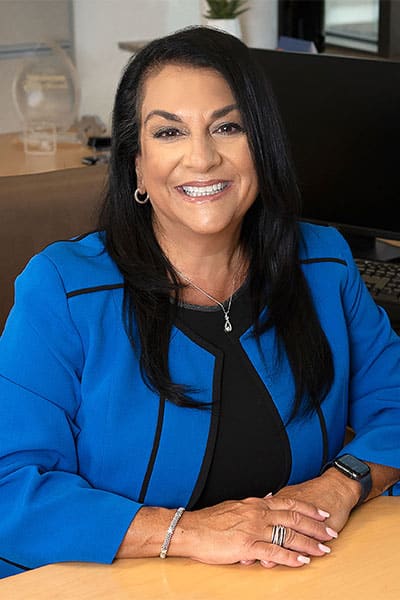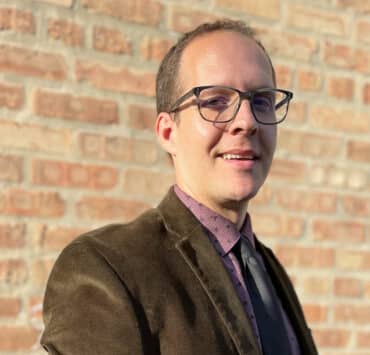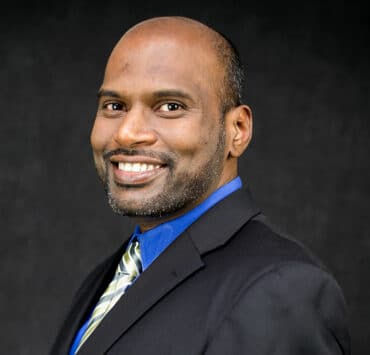As the executive vice president and chief human resources officer at VITAS Healthcare, Diane Psaras is charged with leading the end-of-life care provider from a people perspective. While that task may seem difficult, Psaras says it’s doable because of the culture, values, and passion the organization’s foundation was built upon, as well as consistent communication from the very top.
“We are a forty-two-year-old company,” Psaras says. “Our values have been in place since the inception of our company, when our founders identified a need for folks to be taken care of when they are most vulnerable and need us most.”
Psaras explains that the company’s culture runs so deep that when speaking with anyone who is part of the organization, they’ll recite a value that coincides with the action they are taking. She describes the four values as: “We take care of each other; patients and families come first; I will do my best today and even better tomorrow; and I am proud to make a difference.”

Photo by Nuria Novo
“[These four values] have been the underpinning and our bedrock for years,” Psaras says.
The company’s values enable its culture to be what Psaras describes as “people-first,” which, from her position as CHRO, allows her to implement coinciding initiatives and help her to lead. “It’s really about making sure we are always thinking about our people as we make decisions,” she explains. “We make sure they always have what they need. We’re not perfect, but we’re continuously improving our relationship with our employees.”
Of course, the COVID-19 pandemic complicated the ability to connect with employees, but it made that initiative more imperative. “The pandemic was humbling for everyone; none of us have been there before,” Psaras notes. “Our focus was clearly on our people, on several fronts.”
The VITAS leadership team came together daily, then weekly, to discuss how to best support the company as it went through the unprecedented time. Psaras says these meetings still happen, and leadership has remained heavily engaged. Through these consistent forums, the leadership team “was aligned and standing tall,” Psaras contends, which has enabled it to be proactive.
Beyond caring for potentially infected employees, Psaras says the team took preventative measures by providing “constant communication directly from the top” and sending out weekly updates about specific hygiene practices and safety protocols.
“We made sure that we had leadership standing tall, role modeling the confidence that together, as a VITAS team, we would get through this,” Psaras says. “In addition, we continued to focus on continuous improvement of systems, tools, and processes to really support our employees while communicating constantly to ensure we kept employees informed and supported.”
One of those processes was moving all HR systems to the Oracle Cloud, implemented with the help of advisory firm KPMG. This new tool enables VITAS to run and deliver HR functions seamlessly and is especially useful to the company’s remote caregivers, who can now access timecards on mobile and complete trainings online.
VITAS’ third-party partners have been impressed with Psaras’s leadership in deploying these new HR systems to improve the employee experience. “Diane easily guides the project team as she weaves the VITAS culture and values into every aspect of a large-scale HR technology deployment,” says Rich Isola, principal with KPMG.
“[VITAS employees] are relied on by each patient and their caregiver during their patient visits, and they are the one person who can relieve an exhausted caregiver for that hour of the day.”
VITAS also worked to ensure employees had everything they needed to be safe, including PPE and time off to allow them to take care of themselves and their loved ones. “We made multiple investments to make sure that we took good care of our employees when they needed us most,” Psaras says.
She also notes that the company implemented a number of measures to establish ongoing stability for its employees. VITAS launched free Teladoc services for employees and their families if they needed medical attention. Furthermore, there were no salary freezes, and the company went forward with its normal salary increases.
“We even bumped up our budget for merit increases,” Psaras adds. “We paid out bonuses for those who were eligible, and we still focused on things like leadership development and implementing employee self-evaluations to allow them to provide their own feedback. We really tried to stay focused on, ‘[This pandemic is happening, but] that’s not going to impede our ability to focus on you and your development.’
“We also launched the VITAS Employee Promise,” she continues, “which focuses on providing our employees with an environment they are proud to work in and the opportunity to make a difference and reach their aspirations.”
She explains that this initiative “is committing to our employees that every leader is going to provide them with the ability to leverage and really live out their purpose. Because folks who are in healthcare are in healthcare for a reason and are passionate about it.”
VITAS also initiated the VITAS Difference, which reminds employees of the difference they make in the work they do and the positive impact they make on their colleagues, patients and families, and their community. “[VITAS employees] are relied on by each patient and their caregiver during their patient visits, and they are the one person who can relieve an exhausted caregiver for that hour of the day,” Psaras says.
“First and foremost, we recognize that the experience for a person in their dying days can only be as good as our team members who care for them,” she adds. “If employees feel good, they’re going to convey that, and they’re going to give the best care possible. And they want to do that, because that’s why they do what they do.
“We also spent time with our leaders in all regions discussing our VITAS Promise and the VITAS Difference. In those discussions, I saw the lightbulbs go off and the energy was amazing,” Psaras continues. “You never know how your team will respond during business challenges when you are focused just on people, but those reactions were awesome and gave me confidence that these conversations would really resonate across the organization.”
Those discussions also let Psaras introduce the VITAS Difference recognition program initiative, which gives employees the opportunity to recognize each other. The project has been a great success, Psaras notes. “In a matter of three days, we had fifteen hundred recognitions,” she says.
“VITAS offers employees a purpose; we offer them an environment to live out their passion to take care of others,” Psaras says. “VITAS has a culture and environment that gives them possibilities for growth and learning, whether it be upward mobility, lateral mobility, or the opportunity to contribute with an enterprise-wide initiative. We commit to having a presence, being approachable and visible, and being there when they need us.”
A culture of caring is at the heart of healthcare, KPMG is proud to have partnered with VITAS Healthcare to modernize their HR systems. Diane Psaras and her team have embraced innovation to deliver HR services to their employees. Healthcare organizations face new disruptive challenges every day and the modern HR function links everything, including culture, back to the employee experience. KPMG is a leader in designing consumer grade employee experiences centered around moments that matter. Connect with KPMG today to learn how you can digitally transform your HR operations with KPMG Powered HR and Oracle Cloud.


